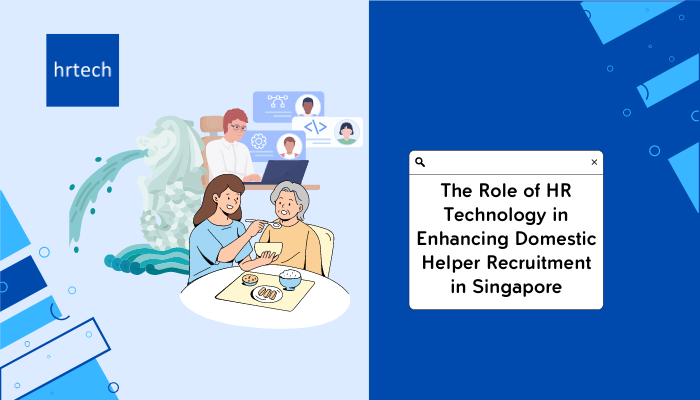HR technology plays a critical role in enhancing the recruitment of domestic helpers in Singapore. As agencies continue to leverage these advancements, they pave the way for more strategic hiring practices, ultimately benefiting all stakeholders: agencies, domestic helpers, and families.
by hrtech

The recruitment industry worldwide has undergone a seismic transformation with the integration of various human resources (HR) technologies, revolutionising traditional practices and creating unprecedented efficiencies. One unique sector that encapsulates these changes is Singapore’s domestic helper industry.
Depending on the situation, hiring domestic helpers may have certain complexities that can be difficult to manage. Fortunately, these challenges in hiring and managing domestic helpers can be significantly eased with the use of HR technology.
Below are a few key ways that these technological advancements can help both homeowners and maid agencies find and hire the best domestic helpers for their households:
The Transformative Role of ATS in Domestic Helper Recruitment
Applicant tracking systems (ATS) have evolved to become the cornerstone of modern recruitment processes of companies of all shapes and sizes. An ATS is particularly helpful for a typical domestic helper agency in Singapore that receives hundreds if not thousands of applications. These systems meticulously scan through every profile, using a predefined set of criteria such as experience, skills, and references to shortlist potential candidates.
The ability of an ATS to streamline the recruitment process also extends beyond candidate screening. It’s also extremely helpful throughout the entire recruitment cycle, from the initial posting of job vacancies to scheduling interviews, sending out follow-up communication, and managing documentation. This leaves agencies free to focus on more critical aspects of their operations, while significantly reducing the administrative burden. By ensuring that no potential candidate falls through the cracks, an ATS contributes to enhancing the quality of hires.
The Power of AI in Streamlining the Recruitment Process
Artificial intelligence (AI) has increasingly found its way into the process of recruiting domestic helpers in Singapore. For example, maid agencies can now use AI-powered chatbots to handle preliminary queries from candidates. The above-mentioned ATS also incorporates advanced algorithms that aid in the initial screening of biodata. In these two applications alone, it’s evident that AI’s potential to enhance the recruitment process is vast.
AI algorithms can also take a look at historical data and use machine learning to predict the likelihood of a candidate’s success, significantly reducing the time to hire and improving the quality of hires overall. AI thus acts as a force multiplier in the recruitment process, enabling agencies to manage a larger pool of candidates with greater efficiency.
Advantages of Video Interviewing Software
In the domestic helper sector, personal compatibility and trust between the employer and the employee are of paramount importance. Fortunately, the advent of video interviewing software has made it possible to assess this critical factor more effectively. By facilitating real-time interaction between potential hires and families, video conferencing technology helps both parties gauge compatibility and build rapport even when they can’t meet face-to-face.
This technology also allows for asynchronous interviews, where candidates answer pre-set questions at their convenience. These recorded interviews can be revisited multiple times, which can help provide a deeper understanding of the candidate. Video interviewing thus not only bridges geographical gaps, but also enriches the overall hiring experience through a more comprehensive evaluation of potential hires.
The Reach of Social Media and Job Boards
The power of social media platforms and job boards in recruitment strategies cannot be overstated. With an ever-increasing user base, these digital avenues have become essential for domestic helper agencies in the country to broaden their reach and tap into a larger and more diverse pool of potential hires.
Aside from giving agencies an accessible medium to showcase job vacancies, social media platforms also help candidates gain insights into their prospective work environment. This transparency can lead to lower mismatch rates. The role of social media and job boards, therefore, isn’t just for broadcasting job vacancies but also for facilitating more informed decisions by both the agencies and the candidates.
The Impact of Analytics on Improving Recruitment Strategies
The introduction of data-driven strategies has significantly reshaped recruitment practices. Advanced analytics provide insights into various metrics, including the success rate of different sourcing channels, average time to hire, and cost per hire. This data-driven approach enables agencies to identify bottlenecks, refine their strategies, and achieve greater efficiency.
Analytics also provides a tool for predictive modelling, where data from previous successful hires can help predict future success rates. This proactive approach enables agencies to fine-tune their strategies in real-time, enhancing their effectiveness.
Onboarding Software and its Role in Enhancing the Hiring Process
The hiring process does not end with selecting the right candidate; a crucial aspect is the subsequent onboarding process and the relevant software is instrumental in streamlining this stage. From disseminating necessary paperwork to communicating guidelines and house rules, these applications ensure a smooth transition for any new hire.
A well-planned onboarding process also lays the foundation for a fruitful employer-employee relationship. By automating administrative tasks, onboarding software ensures that the employer can focus on more personal aspects of onboarding, such as helping the newly hired maid settle into their new environment.
Candidate Relationship Management (CRM) – Building Long-Term Relationships
In the domestic helper sector, the relationship with candidates extends beyond recruitment. By nurturing long-term professional connections, maid agencies can create a pool of pre-screened candidates that they can confidently recommend to potential employers. Having a good relationship with both past applicants and active candidates also increases positive word of mouth, which can then affect an agency’s reputation. For this, a candidate relationship management (CRM) system is a crucial tool.
The power of a CRM system lies in its ability to keep track of your contacts to facilitate lead generation and relationship building. By maintaining regular contact with past and potential hires, agencies can streamline their outreach efforts to create a seamless experience. Ultimately, this helps fill vacancies faster and ensures that the candidates are well-suited to their roles.
HR technology plays a critical role in enhancing the recruitment of domestic helpers in Singapore. As agencies continue to leverage these advancements, they pave the way for more strategic hiring practices, ultimately benefiting all stakeholders: agencies, domestic helpers, and families. The future of domestic helper recruitment in Singapore certainly seems bright with the continual integration of HR technology.
About the Author:

Founded in 2018, we are a Singapore-based HRTech Analyst firm dedicated to facilitating Workplace and Workforce Transformations that drive impactful Business and HR outcomes. Our ultimate vision is to empower HR professionals to transform their organizations by seamlessly integrating technology and human-centric approaches.
From our very beginning, we have been committed to building a TECH-DRIVEN and DATA-CENTRIC HR ECOSYSTEM that empowers organizations to achieve successful Workplace and Talent Transformations, while enabling HR teams to evolve into Strategic Business Partners.
At hrtech, we recognize the paramount importance of adapting to the ever-changing demands of the modern workplace. Our unique value proposition lies in automating and digitizing HR processes to initiate a transformative mindset shift. By embracing our ecosystem, organizations can leverage the power of technology to streamline operations, enhance Business and HR productivity and efficiency, elevate employee experiences, and unlock their full potential.
Our comprehensive ecosystem serves as a catalyst for the digital transformation of HR functions, enabling you to optimize efficiency, foster innovation, and cultivate a thriving workforce amidst constant change. To facilitate this transformation and drive organizational success, we operate through our four distinct verticals of Academy, Advisory & Consulting, Marketplace Solutions and Talent OnDemand.







